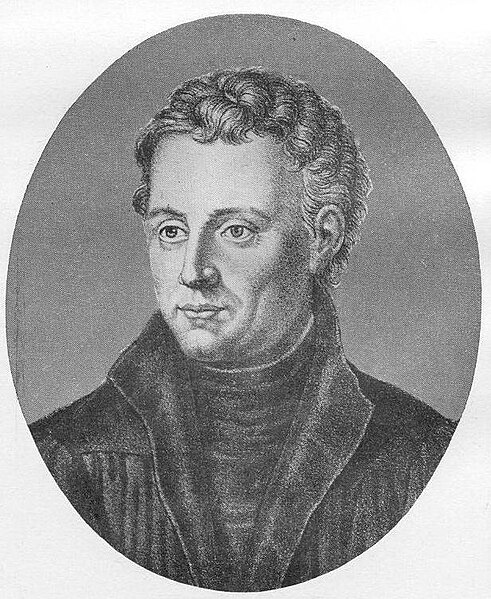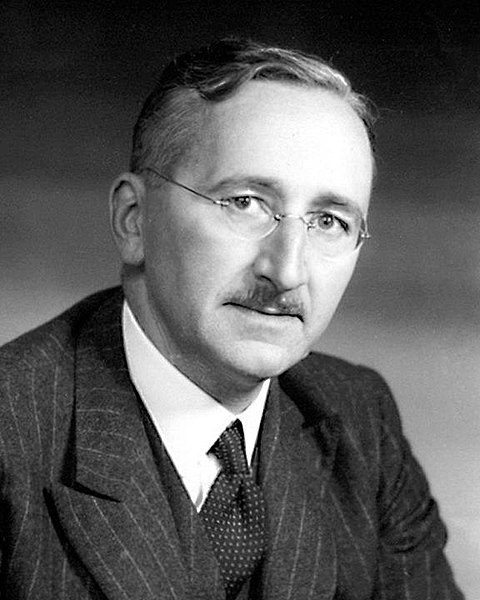In the fields of philosophy, the terms obscurantism and obscurationism identify and describe the anti-intellectual practices of deliberately presenting information in an abstruse and imprecise manner that limits further inquiry and understanding of a subject. The two historical and intellectual denotations of obscurantism are: (1) the deliberate restriction of knowledge — opposition to the dissemination of knowledge; and (2) deliberate obscurity — a recondite style of writing characterized by deliberate vagueness.
The humanist scholar Johannes Reuchlin (1455–1522) actively opposed religious obscurantism.
In the 18th century, the Marquis de Condorcet was a political scientist who correctly perceived obscurantism as a contributing cause of the French Revolution in 1789.
The computer scientist Bill Joy proposed controlling the public's access to certain data, information, and knowledge, because the public cannot handle the truth.
The economist Friedrich August von Hayek
William Kingdon Clifford was a British mathematician and philosopher. Building on the work of Hermann Grassmann, he introduced what is now termed geometric algebra, a special case of the Clifford algebra named in his honour. The operations of geometric algebra have the effect of mirroring, rotating, translating, and mapping the geometric objects that are being modelled to new positions. Clifford algebras in general and geometric algebra in particular have been of ever increasing importance to mathematical physics, geometry, and computing. Clifford was the first to suggest that gravitation might be a manifestation of an underlying geometry. In his philosophical writings he coined the expression mind-stuff.
William Kingdon Clifford (1845–1879)
Title page of Volume 1 (1878) containing books I-III of Clifford's "Elements of Dynamic"
Volumes 1 (1878) and 2 (1887) containing books I-IV of Clifford's "Elements of Dynamic"
Clifford by John Collier








